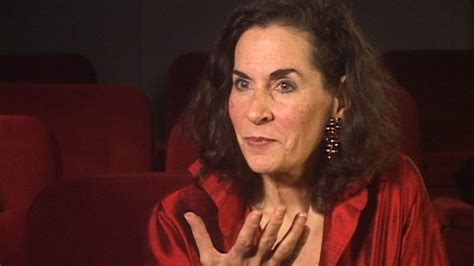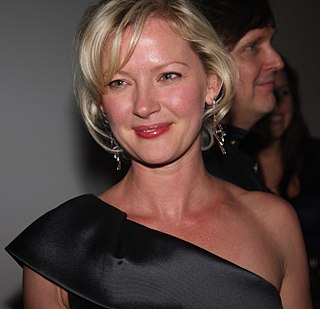A Quote by Robert Redford
I'm always drawn to stories that people don't know about, particularly when they're inside of a story that everyone knows about.
Related Quotes
I have always been interested in mythology and history. The more I read, the more I realized that there have always been people at the edges of history that we know very little about. I wanted to use them in a story and bring them back into the public's consciousness. Similarly with mythology: everyone knows some of the Greek or Roman legends, and maybe some of the Egyptian or Norse stories too, but what about the other great mythologies: the Celtic, Chinese, Native American?
I'm drawn to stories about ordinary people who get tangled up in an extraordinary event or idea or emotion. I'm not saying I don't love films about super-people or super-doctors, but my preference is for stories about how we get through this life, what it is to be human, because I'm always struggling with it myself.
I love telling stories. When people interview me live I'm totally forthcoming about stories like that - as long as it's not going to be in print or recorded. It's just for whoever's in the audience. It's always been for me kind of fun and then everyone walks out of there, "She told this story about da da da" but nobody can prove it.
Im drawn to stories about ordinary people who get tangled up in an extraordinary event or idea or emotion. Im not saying I dont love films about super-people or super-doctors, but my preference is for stories about how we get through this life, what it is to be human, because Im always struggling with it myself.
It's funny what [producer Richard Zanuck said about even though you can't quite place when the book or the story came into your life, and I do vaguely remember roughly five years old reading versions of Alice in Wonderland, but the thing is the characters. You always know the characters. Everyone knows the characters and they're very well-defined characters, which I always thought was fascinating. Most people who haven't read the book definitely know the characters and reference them.


































